In Vietnam, AI has initially been applied as a powerful support tool for artists, but it also raises many issues about originality, ethics and the irreplaceable role of humans in art.
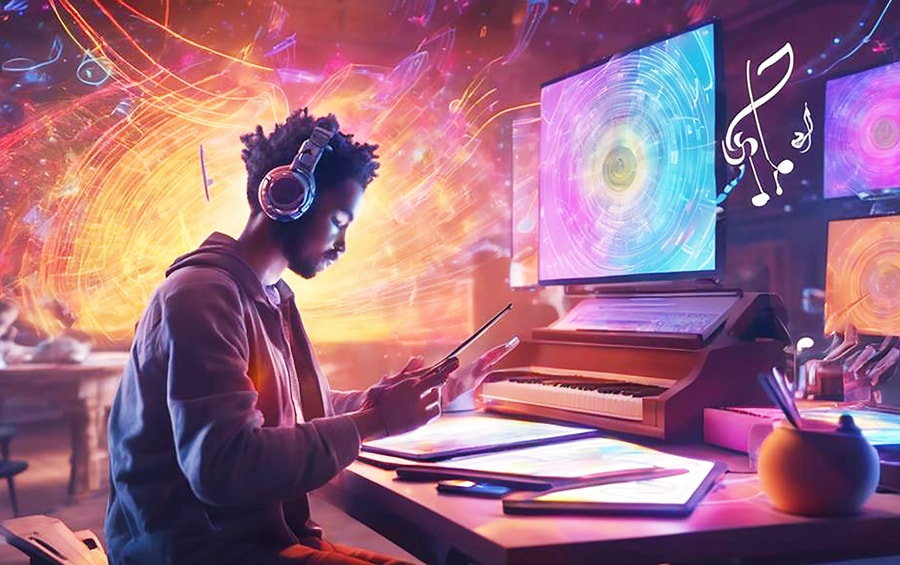
AI - an extension of artistic creation
The rapid development of AI has greatly expanded human creativity. From poetry, painting, music to cinema, AI has demonstrated the potential to assist or automate the creation of complex artistic products.
Colonel, musician Nguyen Mai Kien, Vice Principal of the Military University of Culture and Arts, commented: "More and more AI tools in this field are appearing, helping artists reduce many steps in creating literary and artistic products to reach audiences."
In fact, AI has shown remarkable ability in generating literary works such as novels, poems or screenplays. Models such as ChatGPT, DeepSeek allow rapid composition, simulating the style of many famous writers and poets. In the field of music, software such as AIVA, Suno or MuseNet help musicians compose, mix and arrange music in a short time.
In Vietnam, the first experiments have recorded initial successes. According to Dr. Ngo Viet Hoan, in the field of literary creation, FPT AI and scientists from Hanoi National University have conducted experiments on the aspect of literary creation using AI. FPT AI has developed an AI poetry creation tool based on a Vietnamese corpus called "Post Assistant". This tool can create Vietnamese poetry based on topics or keywords entered by users, while imitating the rhythm and style of traditional Vietnamese poetry. In the field of painting, Vietnamese artists use technologies such as GAN, DALL-E, MidJourney to create works with a traditional and modern feel.
The application of AI in cinema and television has also begun to spread. Young directors such as Pham Vinh Khuong have experimented with producing the film "The Great Viet Picture" with the support of AI, or major television stations such as VTV and HTV have introduced virtual MCs operating on the AI platform...
With its computing power and ability to synthesize massive amounts of data, AI is truly becoming an “extended arm” for creators, opening up faster and wider access to audiences, while optimizing the artistic production process.
Limits that cannot be ignored
In addition to its obvious advantages, AI in artistic creation still has many inherent limitations. Basically, current AI systems do not possess “intrinsic desires” or the ability to make conscious choices like humans. Dr. Ngo Viet Hoan analyzed: “Art is the process of personifying desires through aesthetic existence, while artificial intelligence is highly purposeful, and so far it has not reached the level of having intrinsic desires and the ability to make conscious choices.”
This makes AI-generated art products, despite their technical perfection, still lack emotional depth and personal uniqueness. Young Chinese poet Li Wan once experimented with DeepSeek to synthesize her poetic style and commented: “The biggest problem is that the poem lacks emphasis. A poem, no matter how rough or delicate the language, must have a core element. Furthermore, the language still lacks my refined and personal style.”
In addition, copyright and creative ethics are also major challenges as AI increasingly participates in art. Colonel and musician Nguyen Mai Kien said: “One of the biggest challenges when applying AI in artistic creation is the copyright issue.” In many countries, current copyright laws are still not really clear in determining the creative subject between humans and machines, raising many legal controversies.
Furthermore, the ability of AI-generated works to reflect culture and social life is also questioned. Can a system without life experience, historical memory or deep empathy truly "touch" the spiritual depths of human life?
In addition, experts also warn that the abuse of AI can lead to the formulaization of creativity, losing the spontaneity and surprise - the soul of true art. Works that "copy" old styles but lack creative breakthroughs can also make art boring and lacking in impact.
Need a sober and responsible direction
Despite much debate, it is undeniable that AI is opening a new era for literature and art. The issue is not "should" or "should not" use AI, but how to use this tool properly, to serve creativity instead of replacing human creativity. As musician Nguyen Mai Kien affirmed: "It is necessary to promote investment in research and development of AI in accordance with Vietnamese cultural characteristics... AI tools need to be developed in a direction that respects national identity, not just copying models from abroad". In addition, it is necessary to build a strict legal mechanism on intellectual property rights, ensuring copyright for artists in creative environments with the presence of AI.
In addition to technical and legal solutions, another key factor is training. Artists need to be equipped with technological knowledge, to proactively exploit AI as a support tool, while maintaining their creativity and personal identity.
Dr. Ngo Viet Hoan once emphasized that in the strong flow of change of the times, "art is once again "disappearing", but art is also "reborn". As long as people know how to use AI wisely and intelligently, AI will be a powerful arm, accompanying artists to open a new chapter full of creativity for Vietnamese literature and art.
Source: https://hanoimoi.vn/van-hoc-nghe-thuat-viet-nam-trong-ky-nguyen-moi-thoi-co-va-thach-thuc-tri-tue-nhan-tao-va-hanh-trinh-moi-trong-sang-tao-701006.html


![[Photo] Bustling construction at key national traffic construction sites](https://vphoto.vietnam.vn/thumb/1200x675/vietnam/resource/IMAGE/2025/5/2/a99d56a8d6774aeab19bfccd372dc3e9)
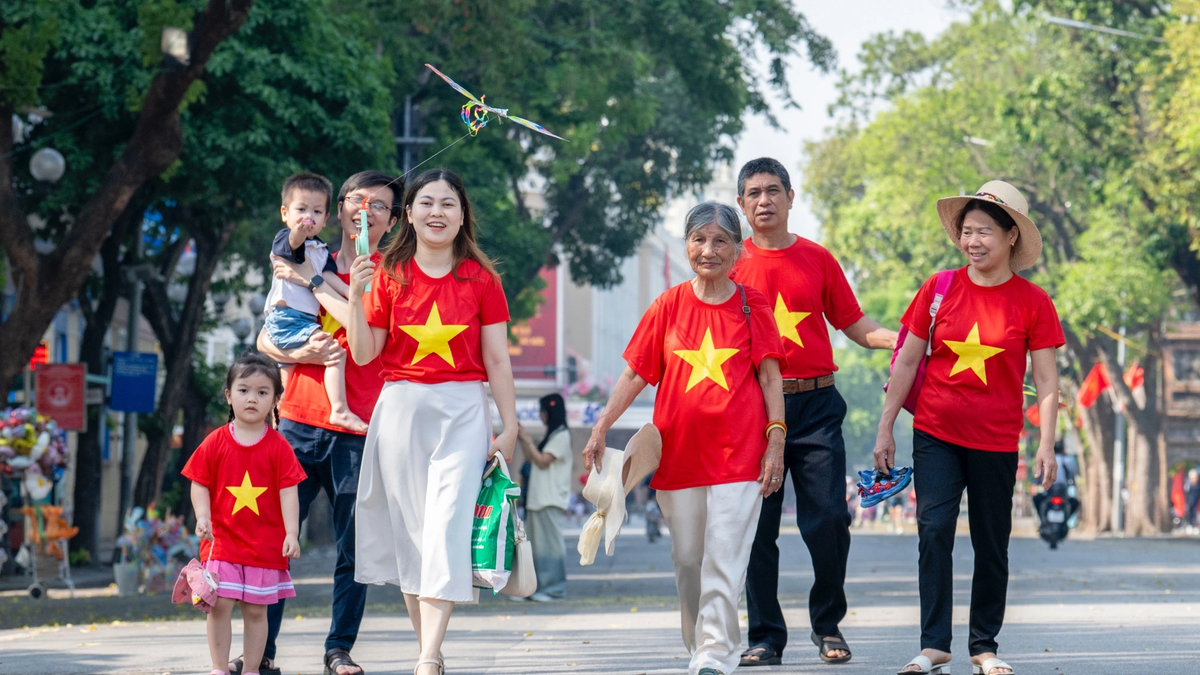



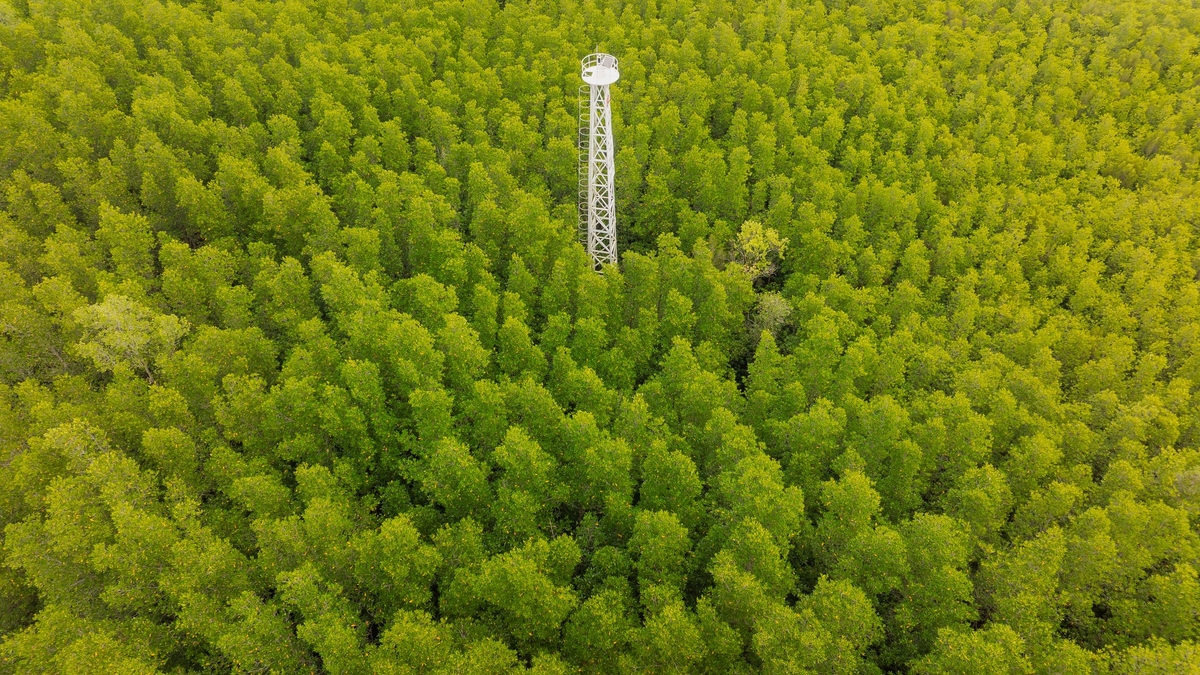
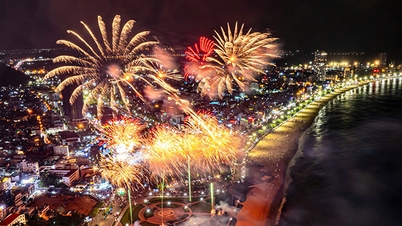

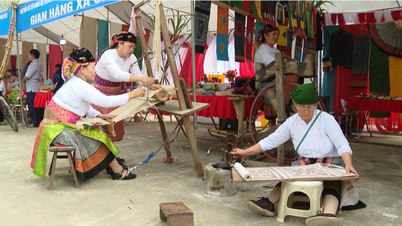
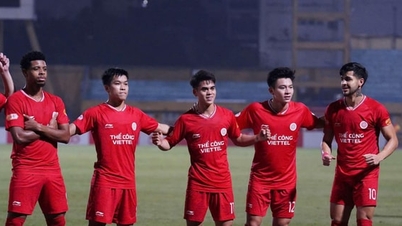
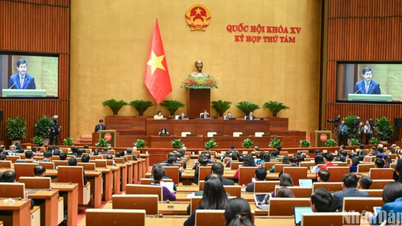





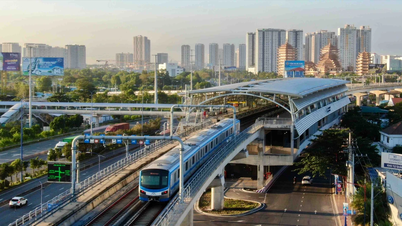
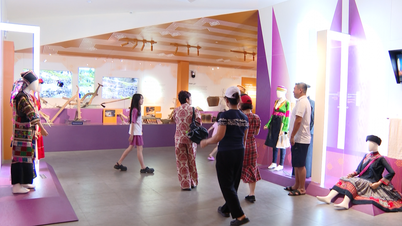
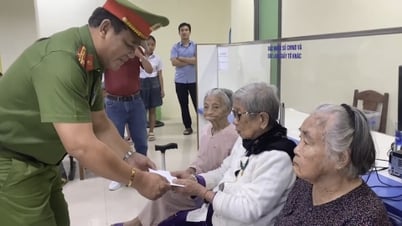
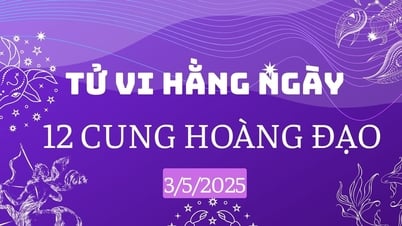
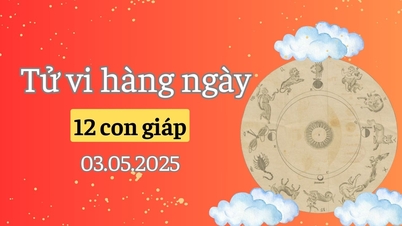
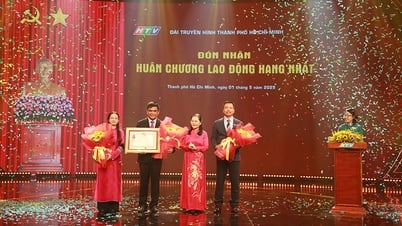
![[Photo] Binh Thuan organizes many special festivals on the occasion of April 30 and May 1](https://vphoto.vietnam.vn/thumb/1200x675/vietnam/resource/IMAGE/2025/5/1/5180af1d979642468ef6a3a9755d8d51)

![[Photo] "Lovely" moments on the 30/4 holiday](https://vphoto.vietnam.vn/thumb/1200x675/vietnam/resource/IMAGE/2025/5/1/26d5d698f36b498287397db9e2f9d16c)
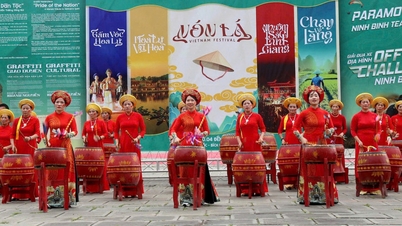

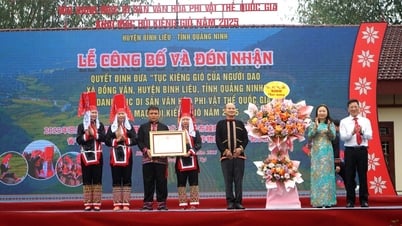





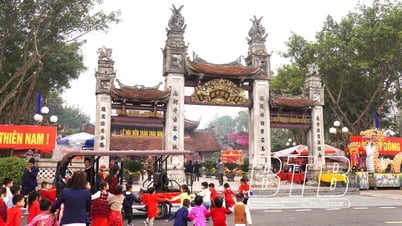



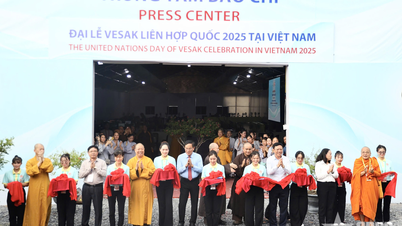

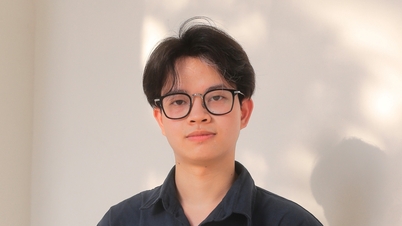







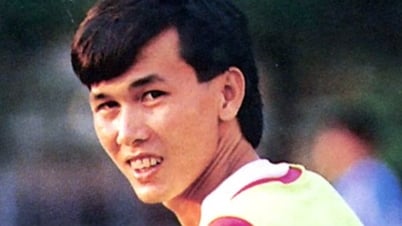









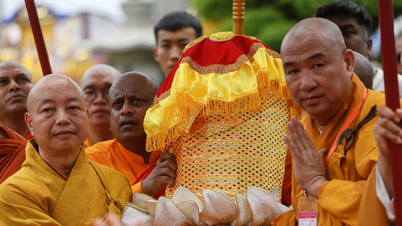




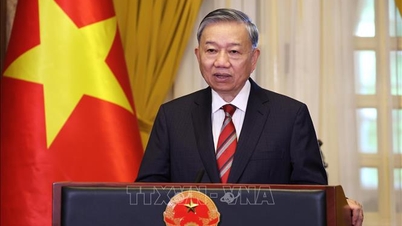













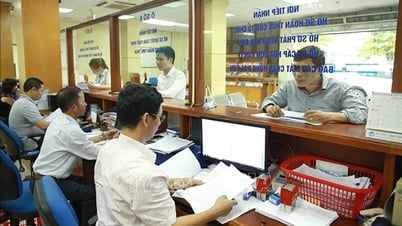







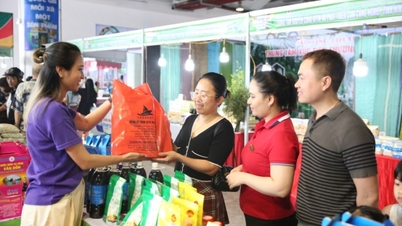



Comment (0)